Top 5 Phoenix Submarkets for Office Transactions
Investors have focused on high-end and value-add properties across several key areas of the metro as demand for modern office space continues to climb.
Phoenix’s office market is thriving, bolstered by corporate relocations and one of the fastest-growing populations in the U.S., drawn by the metro’s affordability and the state’s beneficial tax policies. Investment has chased demand: $1.3 billion in transactions closed in the first eight months of the year.
While Class A office properties drew the majority of investment dollars, nearly two-thirds of this year’s transactions were Class B deals. Many investors are seeking value-add opportunities, particularly as ground-up development costs continue to climb, owing to—among other factors—the tightening labor market and impacts of U.S.-China trade disputes. The following table shows the five submarkets with the highest transaction volume in 2019 through August, based on data provided by Yardi Matrix.
5. Phoenix–Central Corridor
The Central Corridor submarket, located north of downtown and bisected by the Valley Metro’s light rail system, had transactions totaling $119.6 million through the end of August. The area’s eight office sales were evenly split between Class A and B assets, with higher-end properties trading for an average of $85 per square foot, some 60 percent higher than in Class B deals.
The largest sale in the submarket was Colony Capital’s $42.3 million disposition of the 457,858-square-foot Phoenix Corporate Tower to Balfour Pacific. Previous owners of the 26-story high-rise, which initially opened in 1965, have upgraded the property several times, with the most recent renovations having been completed in 2015.
4. Phoenix-Central Business District
Downtown Phoenix was the setting of four office deals totaling $125.7 million so far this year, keeping pace with 2018’s $145.2 million volume. Investors focused more on value-add acquisitions in the city center than in years past—three of the transacted properties were Class B assets.
Varde Partners’ $92.8 million sale of the 375,862-square-foot 101 North was the largest deal in the central business district. The buyer, a joint venture between Black Salmon and ScanlanKemperBard Cos., secured $73.8 million in financing for the Class A acquisition. The new owner plans to kick off $9 million in capital improvements to upgrade the tower’s amenities and common areas.
3. Mesa
Mesa, located just east of Tempe, is primarily a Class B submarket with upwards of 7 million square feet of office stock. Through August, nearly $135 million in sales closed in the suburban area, close to doubling last year’s $78.5 million in transactions.
Innovatus Capital Partners’ $107.6 million purchase of the four-building Waypoint campus was the largest office transaction so far this year. The seller, a joint venture between Harvard Investments and Lincoln Property Co., had developed two of the structures in 2015 and 2017. The other two buildings were renovated and rebranded following their acquisition in early 2016.
2. Phoenix–Camelback East
Camelback East is one of Phoenix’s largest and most varied submarkets, comprising a blend of Class A and B assets located north of downtown on the western edge of Scottsdale. The area has consistently attracted investor capital, with $1.3 billion in office deals closing between 2015 and 2018.
Of the submarket’s eight transactions this year, only one involved a Class A asset: Crow Holdings’ all-cash, $60.3 million sale of the 218,254-square-foot Camelback Esplanade III to Transwestern and C-III Capital Partners. The LEED Gold-certified building is home to Regus, VincentBenjamin and HFF. The other four office buildings on the wider Camelback Esplanade development are owned by LBA Realty.
1. Tempe
Phoenix’s most active submarket for sales this year, Tempe, has long been gaining traction with both investors and developers. Transaction volume has steadily climbed, from just under $96 million in 2016 to $305.1 million last year. Demand for quality office space in the area is in high demand, benefiting from nearby Arizona State University and light rail access to the central business district.
Tempe’s largest deal through August was Ascent Real Estate Advisors’ $71.5 million acquisition of The Alameda from Wentworth Property Co. and Northwood Investors. The buyer secured $44 million in financing from East West Bank for the purchase. The 234,212-square-foot asset was built in 1971, but the previous owner invested approximately $30 million to reposition the structure in 2017.

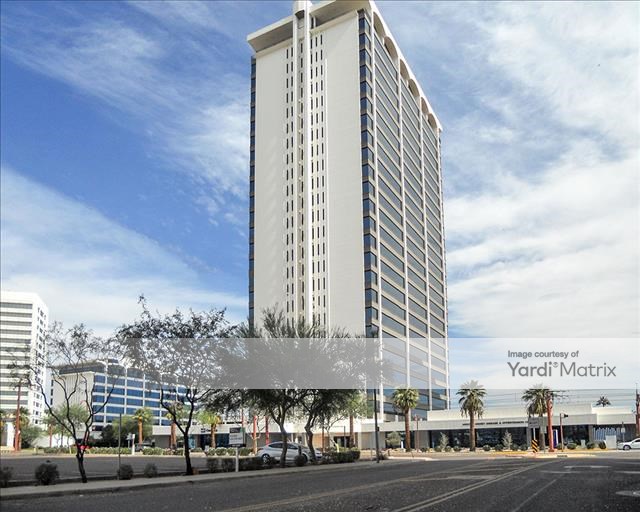
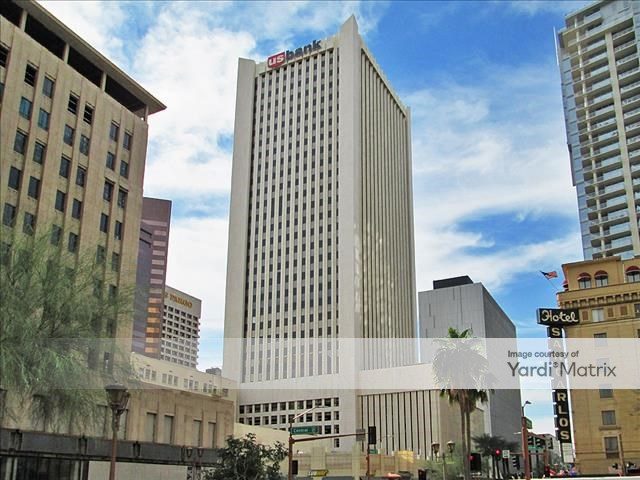
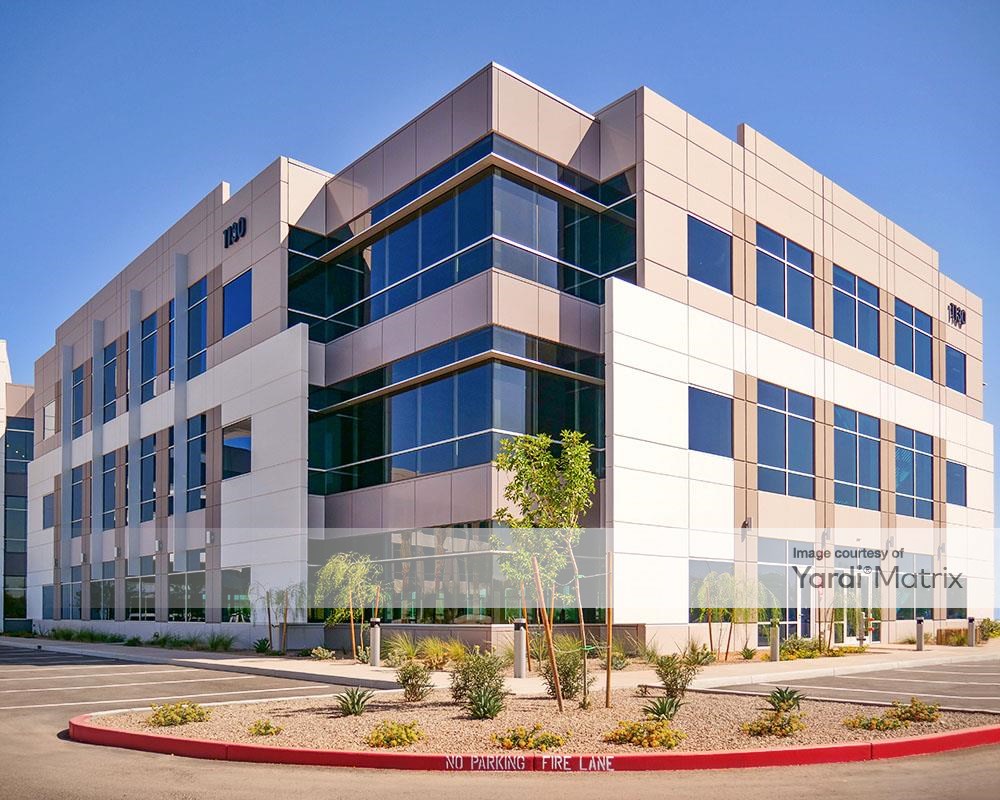
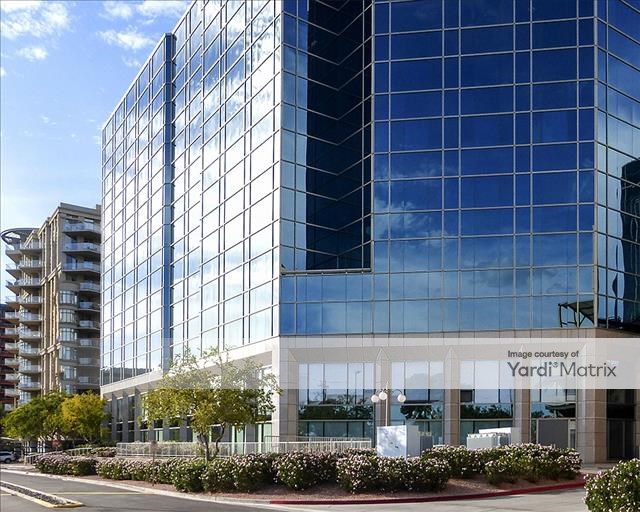
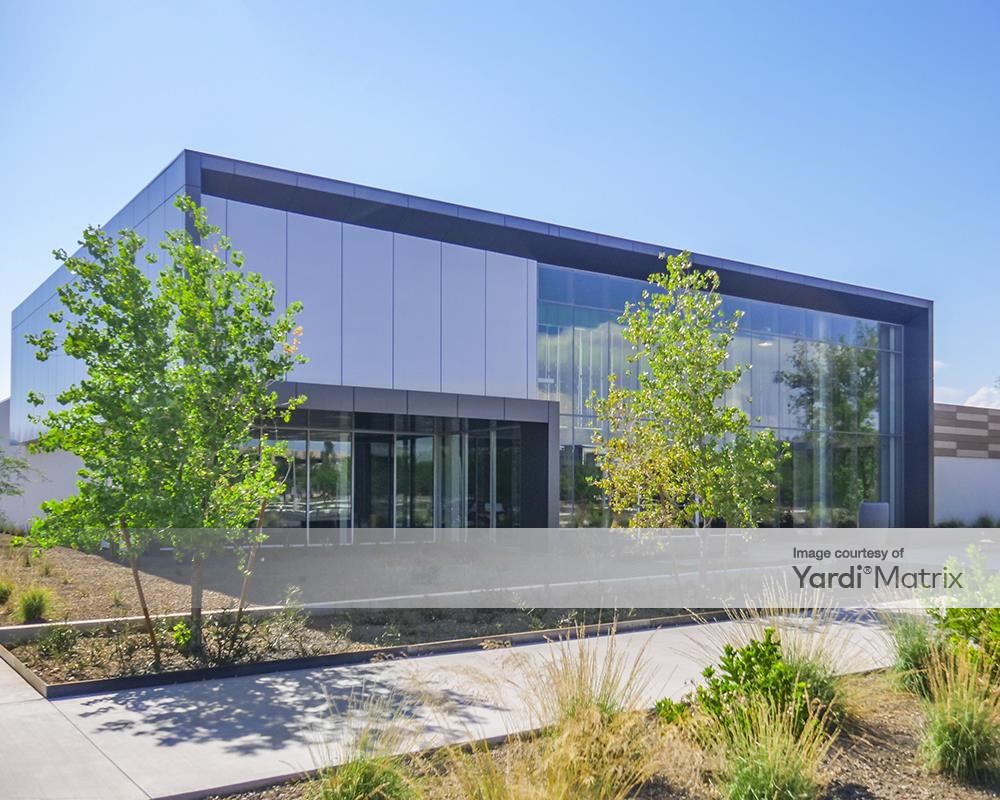
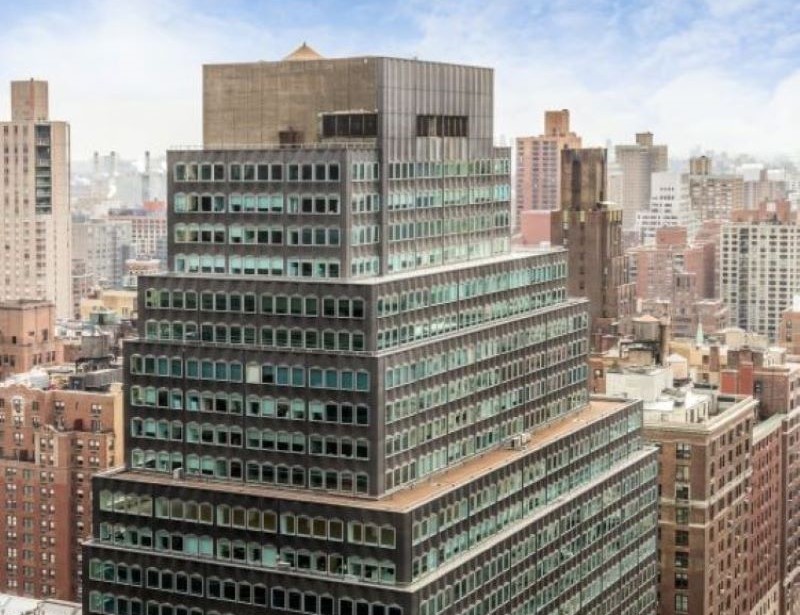

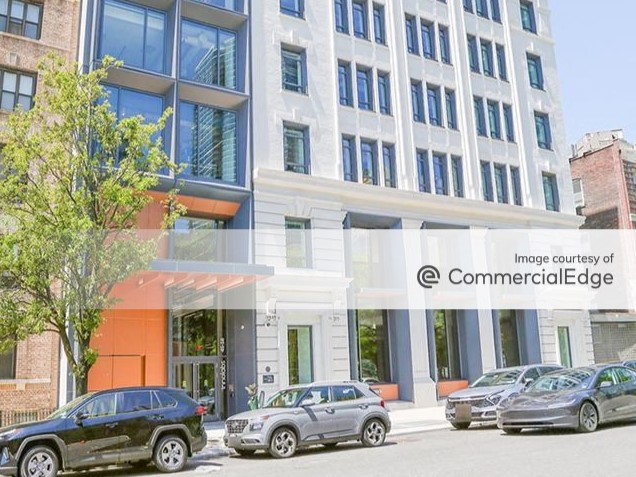
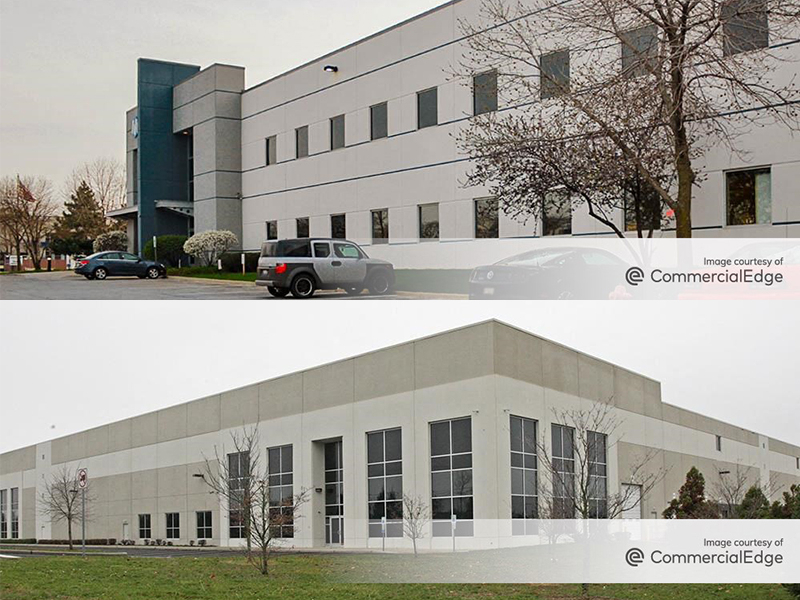
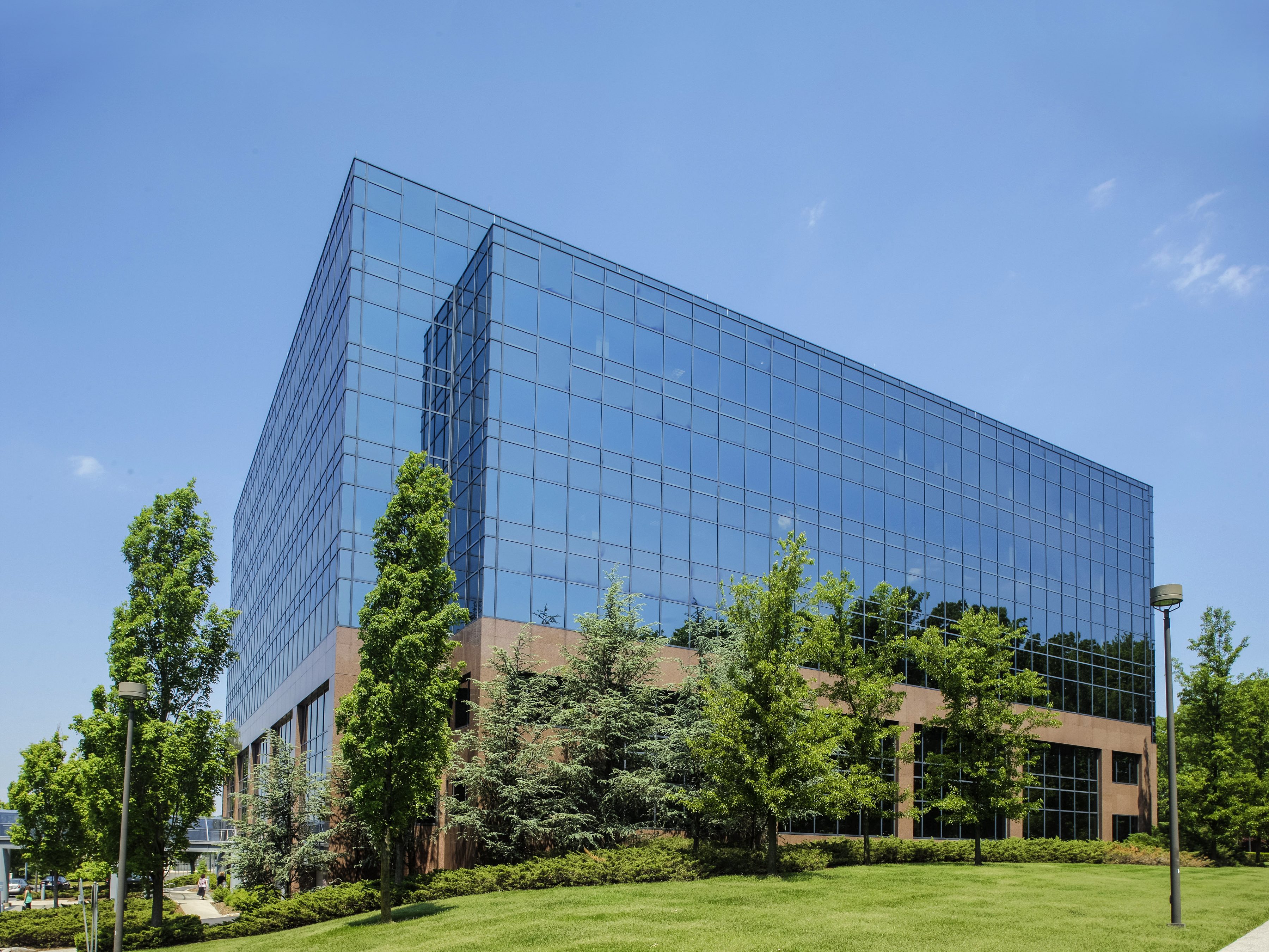
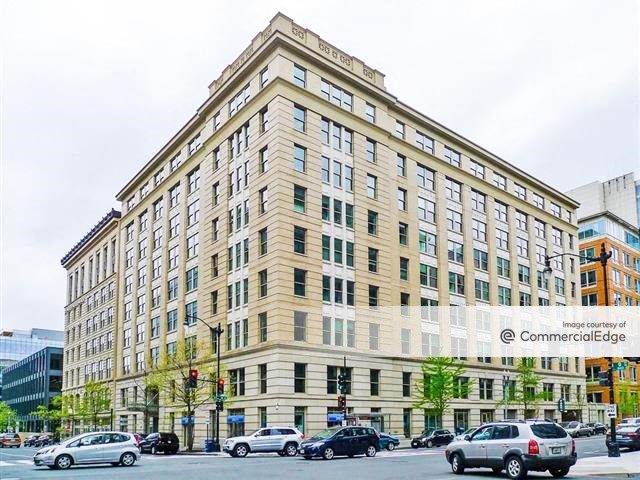
You must be logged in to post a comment.